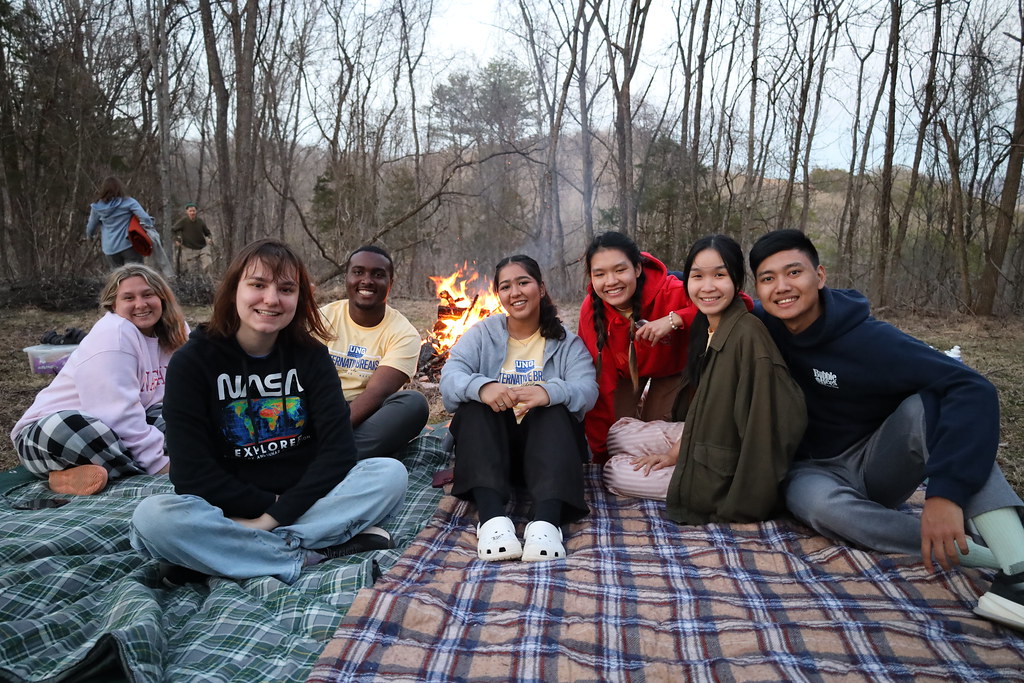In between September and October is a great time to enjoy the fall weather, but is also a time to focus on your mental health. September is National Suicide Prevention Month and October is National Depression and Mental Health Screening Month.
College students have been bombarded with stressors during the pandemic like decreased social interactions, taking online courses, and worrying about COVID-19. These stressors have affected students in many ways with 60.8 % feeling increases in anxiety, 54.1% feeling lonely and 59.8% depressed according to BMC Psychology.
Governor State University in Chicago reports that in the last year alone 10.3% of college students seriously considered committing suicide, and 16% of students have been diagnosed with a depressive disorder. Suicide is the third leading cause of death for 15-24 year olds and every year nearly 24,000 American students attempt killing themselves according to the U.S. National Library of Medicine National Institutes of Health.
These numbers are constantly increasing and are getting worse the longer the COVID-19 pandemic lasts. The Inside of Higher Education says that one in four college aged students seriously contemplated suicide in June of this year alone, and 25% use substances to cope with life during the pandemic. Research group Well Being Trust says, “The growing epidemic of ‘deaths of despair’ is increasing due to the pandemic—as many as 75,000 more people will die from drug or alcohol misuse and suicide.”
The JED foundation says, “Students need more support from their school administrations and communities to persist through the physical and emotional stressors of this current time. Mental health should be a top priority for schools.” Mentalhealth.gov says that educators can be on the look out for warning signs like when students seem withdrawn from the course, have extreme difficulty concentrating on material, and have drastic changes in their personality. Some of the ways educators can help students is to keep the conversations on mental health open by helping educate students on what school based mental health supports are available.
The University of North Georgia has a variety of outlets for students needing help with their mental health like the student counseling center, and Nigel Cares program. Students can also try managing their own mental health by talking with professionals, getting enough rest, avoiding substance abuse, and confiding in friends and family members.
Kaytlin Butte, a freshman marketing major at UNG’s Gainesville campus describes her struggles during the pandemic saying, “My mental health was at one of its lowest points in the fall semester of 2020. I had just moved from Tennessee to Georgia at the beginning of quarantine, making it especially hard to meet or even speak to anyone my age. I would sometimes feel lonely. I was also beginning to take online classes with UNG, and I had a pretty rough experience with a professor, which caused me to stress about my grades.”
She says, “The COVID-19 pandemic affected my mental health by limiting my social support. As an introvert, I initially enjoyed having more time to myself, but the long-term effects of quarantine and social distancing eventually wore on me.” However, since everything has started to open backup Butte says, “My mental health is currently at its best. Even though life can sometimes be stressful, I am able to handle stressful situations easier than I have been able to in previous years.”
Isabella Rendon, a freshman graphic design major at UNG’s Gainesville campus, says, “The COVID-19 pandemic made my mental health so much worse. Being stuck at home with no purpose and no schedule threw me into a deep feeling of disassociation.” She says that COVID-19 brought on new concerns saying, “My main worry with COVID-19 was my mother. She had cancer once before and had it come back in the past. I was scared that if she were to get COVID-19 that it would end badly.” Rendon says that she uses coping skills, like taking part in her favorite hobbies, to make sure she maintains her mental health.
Kadie Goodwin, a junior accounting major on UNG’s Gainesville campus, says that her mental health has improved since everything has been opening back up.
She says, “I have grown more fond of the things I used to do and easily be able to go do. Simple things like going to the movie theater and shopping bring me joy. I choose not to live my life in fear. Yes, I do worry, but I cannot let fear overtake me. If I were to let that happen, I would probably not be alive right now.”
Goodwin thinks that colleges can improve the mental health of their students saying, “I feel that when there is a long stretch of time without any breaks in our school calendar, there should be a mental health day somewhere in there. Colleges could plan activities for students on these days… [or] give students 3 mental health days a semester. These would be excused absences as long as they notified their professors prior to taking a day off.”























